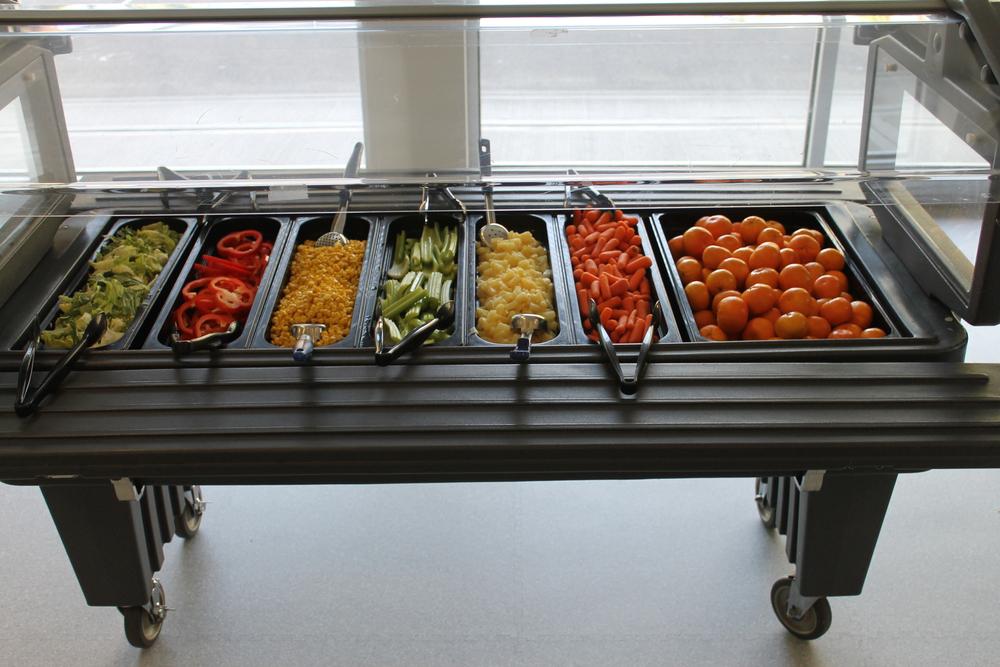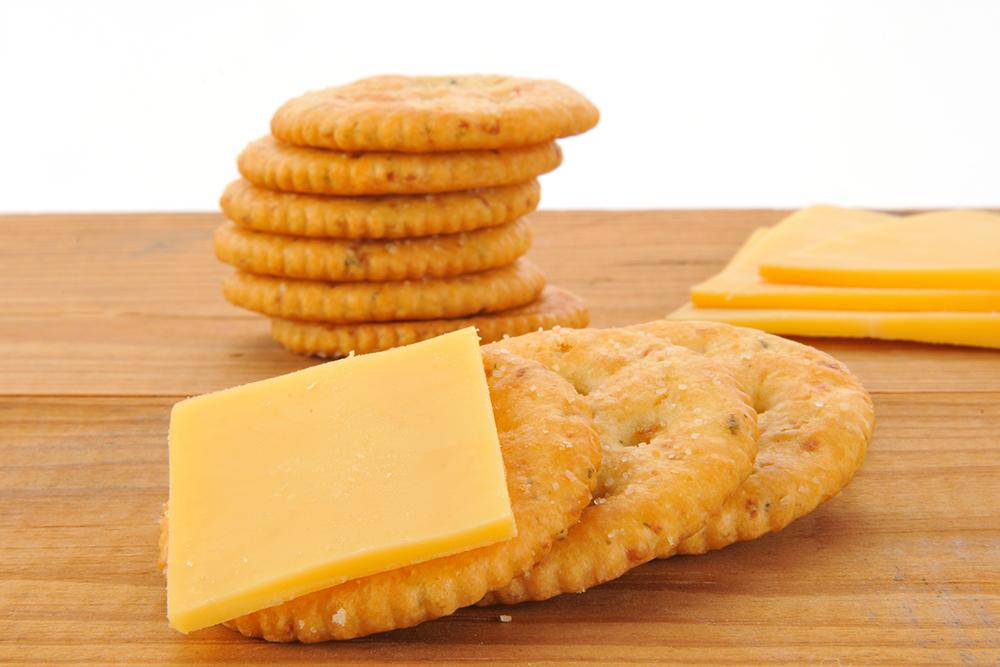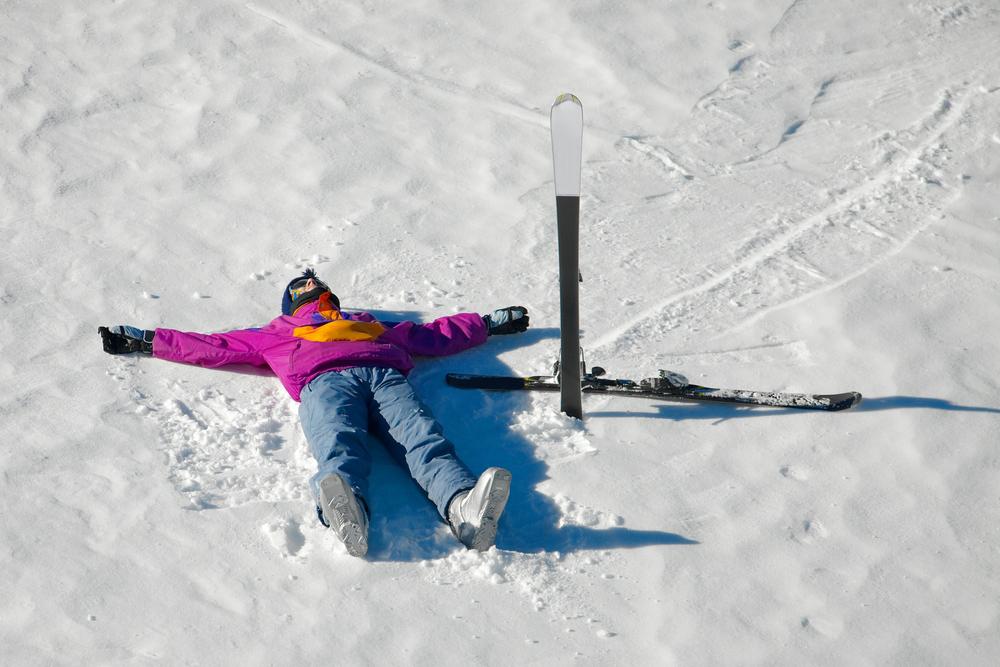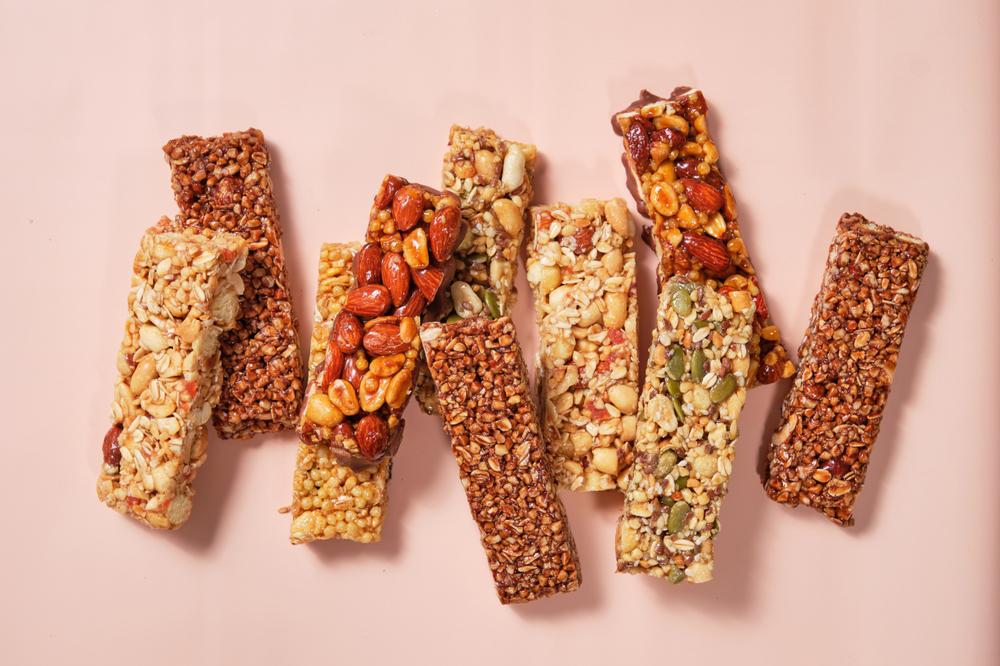 Fueling during training as a young athlete can be difficult. Often, practices are short and intense, and don’t include much time for snack breaks. However, your athlete will play their best if they are properly fueled for the work required of them, and that often means being able to sip a sports drink or take a quick bite of a banana between drills in practice or on game day.
Fueling during training as a young athlete can be difficult. Often, practices are short and intense, and don’t include much time for snack breaks. However, your athlete will play their best if they are properly fueled for the work required of them, and that often means being able to sip a sports drink or take a quick bite of a banana between drills in practice or on game day.
Here, TrueSport Expert Kristen Ziesmer, a registered dietitian and board-certified specialist in sports dietetics, explains the best intra-training practices for your athletes.
Before Practice and Competition Fueling is Key
It’s hard to fuel adequately during a workout or competition if you’re already depleted when you start—fueling works best when it’s preventing a problem, not trying to solve one! “For pre-workout fueling, your athlete should aim for roughly half of a gram of carbohydrates per kilogram of body weight,” says Ziesmer. That means a 50-kilogram athlete should have about 25 grams of carbohydrates, or 100 calories worth of carbohydrates, before practice. “Your athlete doesn’t need a meal right before practice, they just need to top off their carbohydrate stores so they can perform at their best,” she adds.
Make Snacks and Water Easy to Access
While many school sports won’t have a specific snack break during practice, water breaks are common between drills and sets. Your athlete may not always need to snack during practice, especially on easier or shorter days, but having water and a simple snack on hand is a good way to ensure that they never end up with the feeling of ‘bonking,’ which happens when an athlete’s muscles run out of fuel. A bonk can make an athlete feel suddenly fatigued, light-headed, or unable to perform at their best—so it’s something that they want to avoid. “This is why it’s very important to try to keep quick and easy things on hand for your athletes all the time,” Ziesmer says. “I always want my athletes to have a simple sports drink or water and a banana with them in their bag.”
Your Winning Formula: Water, Electrolytes, Carbohydrates, and a Bit of Protein
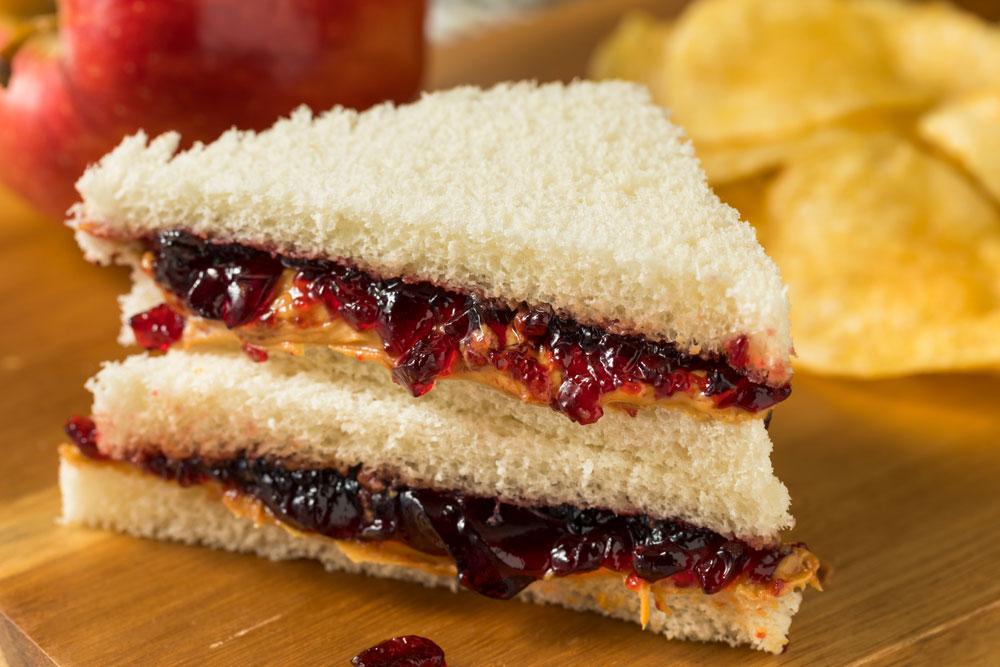 Ziesmer says that ideally, your athlete’s in-practice snack includes quick digesting carbohydrates and, for longer or harder practices, a little bit of protein in order to “time release” the energy from the food. Things like granola bars, peanut butter and jelly sandwiches, bananas, or even watered-down fruit juice with a pinch of salt are her favorite options. Water and sodium, a key electrolyte when it comes to improving performance, are also critical. (Many granola bars or processed snacks will contain sodium, but if your athlete is using fruit or fruit juice, add a pinch of sea salt.)
Ziesmer says that ideally, your athlete’s in-practice snack includes quick digesting carbohydrates and, for longer or harder practices, a little bit of protein in order to “time release” the energy from the food. Things like granola bars, peanut butter and jelly sandwiches, bananas, or even watered-down fruit juice with a pinch of salt are her favorite options. Water and sodium, a key electrolyte when it comes to improving performance, are also critical. (Many granola bars or processed snacks will contain sodium, but if your athlete is using fruit or fruit juice, add a pinch of sea salt.)
It Doesn’t Take Much to Fuel During Practice
Less tends to be more when it comes to eating in the middle of training or competition, says Ziesmer. For example, trying to eat an entire banana in the middle of sprint drills can easily cause your athlete to end their session with an upset stomach, but a bite or two of banana or a sip of sports drink can help replenish glycogen stores and give them the boost that they need to push hard through practice without the heavy feeling in their stomach. Encourage them to focus on small bites taken frequently between drills and reps rather than a full-size snack eaten all at once. “A bite here and a bite there can be much more efficient and beneficial,” she adds. There isn’t one ‘perfect’ amount of fuel your athlete should be taking in, and it may take some trial and error to find the amount of carbohydrate that makes them feel their best.
Post-Practice is Equally Important
Particularly if your athlete has two-a-day practices or is in the middle of a competition week, post-training fuel is extremely important even if an athlete snacked during practice, says Ziesmer. To facilitate muscle repair and growth, make sure your athlete has a protein and carbohydrate-focused snack or meal after practice. This can be something like a smoothie made with Greek yogurt, banana, cocoa powder, and peanut butter, or a wrap with chicken and vegetables. It doesn’t need to be a ‘recovery powder’ or sport-specific bar or shake!
___________________
Takeaway
Your athletes should have easy access to water and a simple carbohydrate-based snack during their training. Taking in even small amounts of water and fuel throughout practice can help athletes avoid the bonk feeling that comes when muscles are depleted of glycogen. Athletes should also prioritize having a snack before practice, as well as a protein- and carbohydrate-focused meal after practice.
